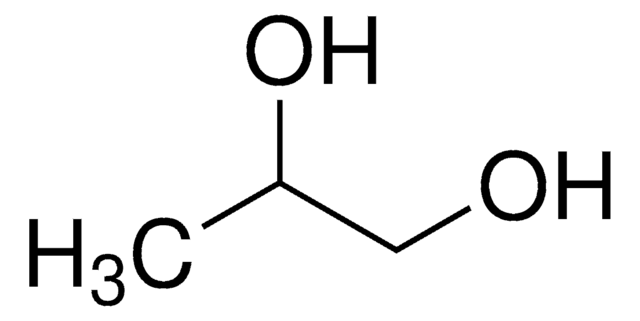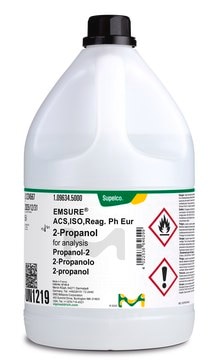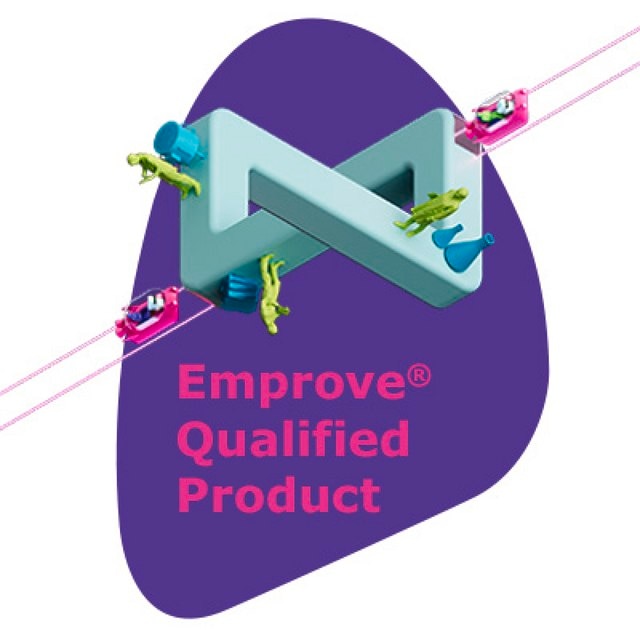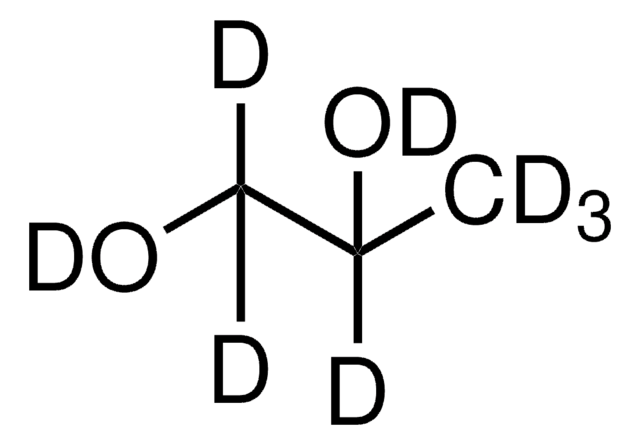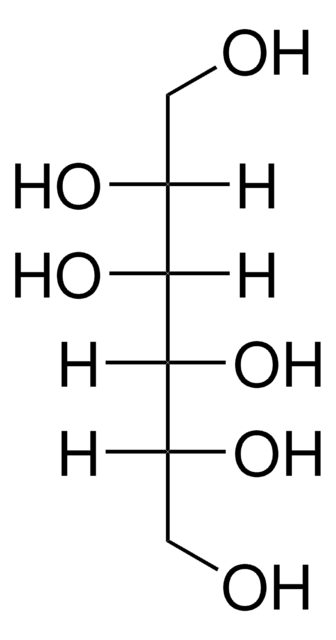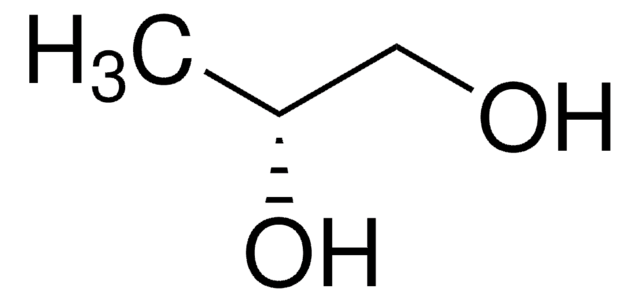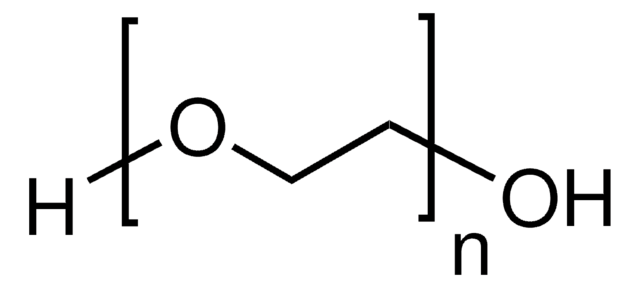82281
1,2-Propanediol
tested according to Ph. Eur.
Synonym(s):
1,2-PDO, Propylenglycolum, Propylene glycol
Sign Into View Organizational & Contract Pricing
All Photos(1)
About This Item
Linear Formula:
CH3CH(OH)CH2OH
CAS Number:
Molecular Weight:
76.09
Beilstein/REAXYS Number:
1340498
EC Number:
MDL number:
UNSPSC Code:
12352200
PubChem Substance ID:
NACRES:
NA.25
Recommended Products
agency
USP/NF
tested according to Ph. Eur.
Quality Level
vapor density
2.62 (vs air)
vapor pressure
0.08 mmHg ( 20 °C)
form
viscous liquid
autoignition temp.
779 °F
expl. lim.
12.5 %
refractive index
n20/D 1.432 (lit.)
bp
187 °C (lit.)
mp
−60 °C (lit.)
density
1.036 g/mL at 25 °C (lit.)
application(s)
pharmaceutical (small molecule)
SMILES string
CC(O)CO
InChI
1S/C3H8O2/c1-3(5)2-4/h3-5H,2H2,1H3
InChI key
DNIAPMSPPWPWGF-UHFFFAOYSA-N
Looking for similar products? Visit Product Comparison Guide
wgk_germany
WGK 1
flash_point_f
219.2 °F
flash_point_c
104 °C
ppe
Eyeshields, Gloves
Choose from one of the most recent versions:
Already Own This Product?
Find documentation for the products that you have recently purchased in the Document Library.
Customers Also Viewed
R S Rajasenan et al.
Toxicology and applied pharmacology, 135(1), 89-99 (1995-11-01)
Engrafting components of human immune systems in severe combined immunodeficient (SCID) mice has been utilized to investigate the pathogenesis of several human autoimmune diseases and may provide a model for studying idiosyncratic drug toxicity. The purpose of this investigation was
G A Reichard et al.
Diabetes, 35(6), 668-674 (1986-06-01)
Plasma acetone turnover rates were measured with the primed continuous infusion of 2-[14C]acetone in patients with moderate to severe diabetic ketoacidosis. Plasma acetone turnover rates ranged from 1.52 to 15.9 mumol X kg-1 X min-1 (108-1038 mumol X 1.73 m-2
H K Vaddi et al.
Journal of pharmaceutical sciences, 91(7), 1639-1651 (2002-07-13)
The respective alcoholic terpenes carvacrol, linalool, and alpha-terpineol were used at 5% w/v in propylene glycol (PG) to increase the in vitro permeation of haloperidol (HP) through human skin. The possible enhancement mechanism was then elucidated with HP-stratum corneum (SC)
Gai Ling Li et al.
Journal of controlled release : official journal of the Controlled Release Society, 84(1-2), 49-57 (2002-10-26)
To achieve a therapeutical effect of the anti-Parkinson's drug R-apomorphine via iontophoresis delivery, enhancement strategies in vitro were explored using three structurally related enhancers, lauric acid (LA), dodecyltrimethylammonium bromide (DTAB) and Laureth-3 oxyethylene ether (C(12)EO(3)). Human stratum corneum and shed
C Fernandez et al.
Journal of pharmaceutical and biomedical analysis, 24(1), 155-165 (2000-12-07)
The aim of this study was to determine the skin penetration of benzophenone-3 in vitro and in vivo in order to investigate a possible influence of formulation. Six different vehicles, three solvents and three different emulsion types were evaluated in
Chromatograms
suitable for GCsuitable for GCOur team of scientists has experience in all areas of research including Life Science, Material Science, Chemical Synthesis, Chromatography, Analytical and many others.
Contact Technical Service